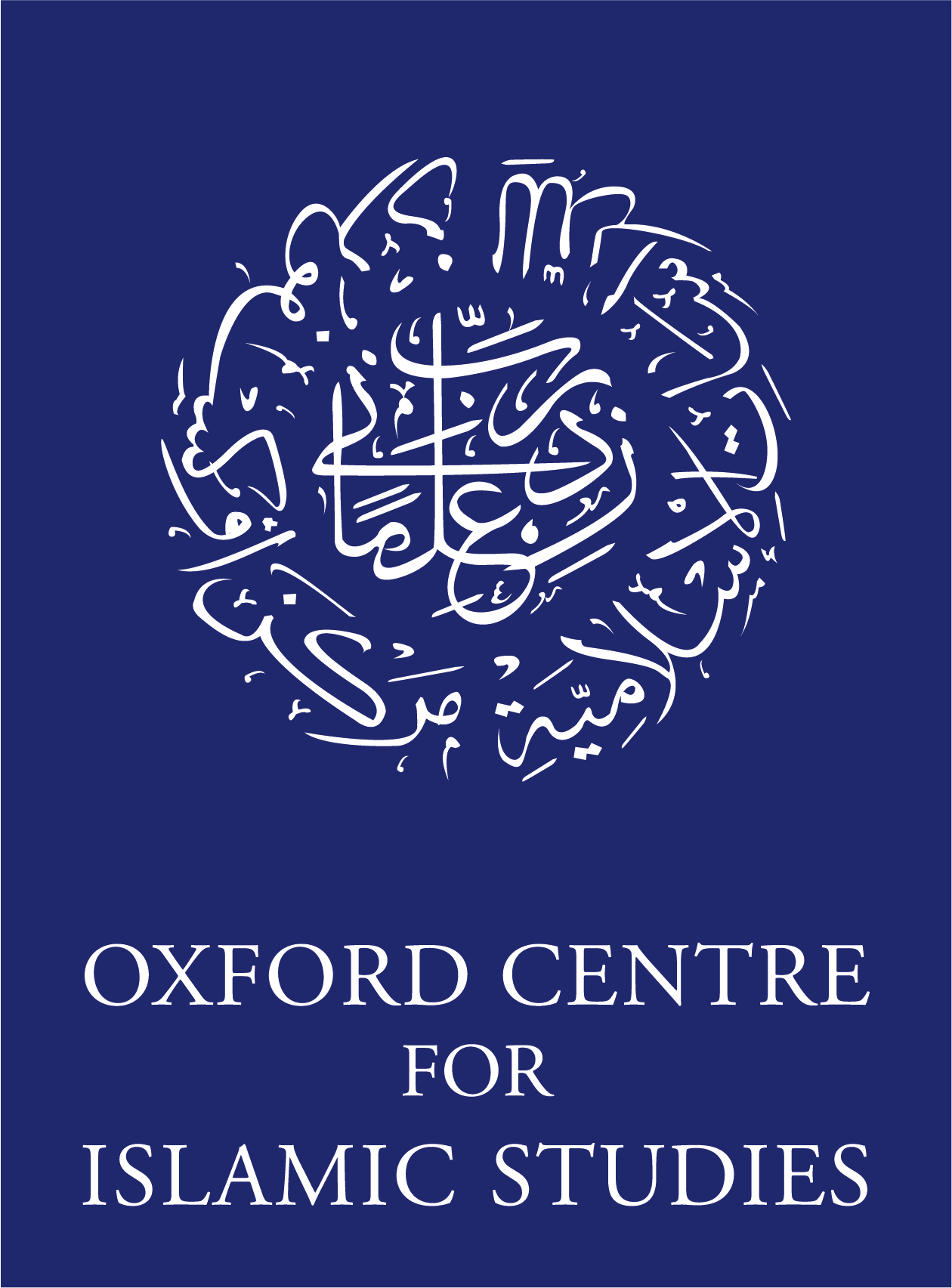Escaping the Nafs in Socialist Egypt: ‘Abd al-Halim Mahmud’s Search for a Sufi Master
This talk explores the ways in which Egyptian Sufi practitioners tackled the issue of individualised faith and personal connection to their Sufi masters by looking at the life trajectories of a French-trained Egyptian scholar of Sufism: ‘Abd al-Halim Mahmud (1910-78). In Egypt, he is celebrated as ‘the Father of Modern Sufism’ for his works on Sufi literature. Islamic reformism since the late eighteenth century preached the significance of establishing a direct and autonomous relationship to God and denied the existence of charismatic figures that might be able to mediate between Him and the believers. Being modern became synonymous with making decisions about faith by directly accessing God’s message for oneself. The absence of charismatic authority in Islamic reformism posed a discursive challenge to Sufis who aspired to be modern but were also in search for a spiritual master (shaykh). In order to access the Sufi path, it was indispensable for them to find a spiritual guide. Dr Aishima argues that ‘Abd al-Halim Mahmud managed to gain the status of Sufi celebrity by blending the vocabulary of humble yet self-conscious connection to the charismatic authority.
Hatsuki Aishima is a social anthropologist specialising in Islam and public culture in the modern Middle East. Before her appointment at the National Museum of Ethnology in July 2016, she was Lecturer in Modern Islam at the University of Manchester. In her monograph, Public Culture and Islam in Modern Egypt: Media, Intellectuals and Society (I.B. Tauris, 2016), she explored the roles of mass media and modern education in shaping the public knowledge, scholarly culture and the literary tradition of Islam. Her most recent publications have appeared in Culture and Religion and Die Welt des Islams.
(Seminars start at 5.00 p.m.)
